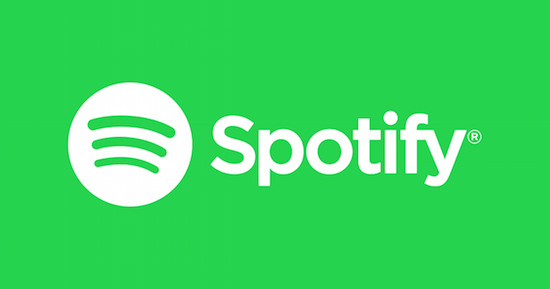Spotify has officially demonetised all uploads with under 1,000 streams, meaning copyright holders will now only be paid by the streaming service if a track passes a threshold of more than 1,000 plays each 12 months.
The new policy, which was first reported in October 2023, came into effect on April 1. It’s been introduced in order to try to combat those who upload white noise and nature sounds to the streaming platform in an attempt to earn money from streaming, with Spotify instead reportedly wanting to direct $1bn in royalty payments over the next five years to what it deems to be ‘legitimate’ artists and rights holders.
The move also forms part of the company’s commitment to tackling what it describes as "payments lost in the system", whereby "tens of millions of tracks that have been streamed between 1 and 1,000 times over the past year" generate on average just $0.03 per month.
Spotify says the minimum transaction requirements set by many labels and distributors (usually $2-$50 per withdrawal), and bank fees (usually $1-$20 per withdrawal), mean that such small payments are often held up with third party aggregators and don’t actually reach the copyright holders anyway. It’s believed this can collectively total up to $40 million a year, which Spotify claims will instead go into the royalty pool for all of those whose uploads have had over 1,000 streams.
You can read Spotify’s full royalty system changes here.



